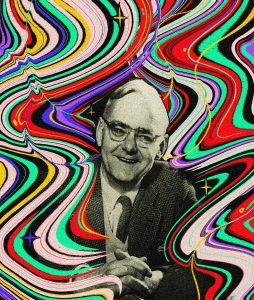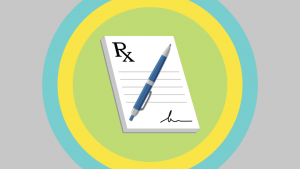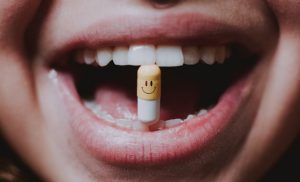Current research on the use of psychedelic drugs for therapeutic applications is showing a lot of promise, building on the potential first demonstrated by studies conducted in the 1950’s. Humphry Osmond, the psychiatrist who coined the term “psychedelics”, is considered one of the pioneers of psychedelics research. He believed hallucinogenic drugs could be used to treat mental illnesses, and his research findings supported his beliefs. His study on the use of LSD to treat alcoholism found that at the one year follow-up, almost half of study participants who suffered from alcoholism didn’t return to drinking. As such, Osmond’s seminal studies paved the path for the emerging field of psychedelics research. Fast-forward to today, research studies are demonstrating that under controlled conditions, psychedelic drugs like LSD, psilocybin (the active compound in magic mushrooms), and ketamine hold the potential for treating an array of mental illnesses – from alcoholism, to PTSD, to depression, anxiety, and OCD. As the newest addition, MDMA is joining the rest of its peers in psychedelics research and may hold great potential.

Humphry Osmond, Source: Jeremy Leung
MDMA, otherwise known as ecstasy, E, M, or Molly, is an infamous psychoactive drug often associated with nightclub and rave scenes. Hours of partying are fueled by intense feelings of pleasure, emotional warmth, and an abundance of energy owed to this little pill with so many names. The negative stigma attached to recreational drug use has given MDMA a bad rep, but research studies from an organization called Multidisciplinary Association for Psychedelics Studies (MAPS) are challenging these stigmatized views.
A team of MAPS researchers in California are repurposing MDMA to treat the psychological distress experienced by people suffering from life-threatening illnesses (LTI). People living with, or that have lived with an LTI can experience anxiety, depression, anger, and despair associated with their traumatic experiences. In one of the first clinical trials of its kind, Dr. Philip Wolfson and his team explored how using MDMA during psychotherapy sessions impacted participant’s distress levels. The team found that the study participants who took MDMA had improved mindfulness and a more positive outlook towards their traumatic experiences. Also, depression, sleep quality, and anxiety levels improved, but these improvements couldn’t conclusively be attributed to the MDMA. The findings of this pilot study suggest MDMA could still have the potential to reduce psychological distress associated with LTI and that it may also have positive long-term effects.
Although current studies like Dr. Wolfson’s show promising results, could the stigma surrounding “hard drugs” like MDMA deter patients from taking them once/if they become approved for clinical use? Or would the existing stigma dwindle once they get a doctor’s stamp of approval? Or maybe it’s simply why the drugs are used that give recreational use a bad name. Whatever your beliefs and convictions, scientifically, “hard drugs” may have a place in medicine in the (potentially near) future.

Source: GoodRx.com
By Maya Bird

